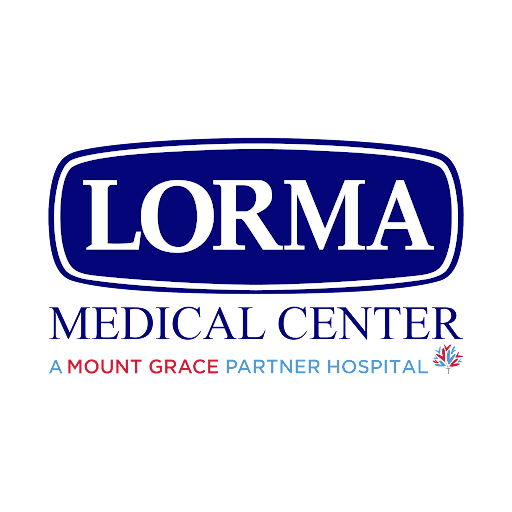Magnetic Resonance Imaging
MRI is used to exam the brain, bones, joints, muscles, heart and blood vessels using a strong magnet and radio waves. MRI is a painless procedure that uses no radiation to produce a computer image.
Common Indications for MRI include:
Brain – Multiple Sclerosis, brain tumours, pituitary adenoma, epilepsy, developmental abnormalities, acoustic neuroma, ischaemia. Spine – disc protrusion, sciatica, metastasis, cord/nerve lesions, syrinx, trauma.
Musculoskeletal – injuries and disease affecting bone, tendons, ligaments, cartilage or bone marrow, tumor, avascular necrosis.
Abdomen – cholangiography, tumours of pancreas, prostate, liver and adrenal glands.
Pelvis – prostatic and uterine tumours.
The MRI scanner consists of a large magnet. A coil is placed around the area of the body to be examined which acts as an antenna for the radio waves. The patient lies on a table that slides into the magnet at the start of the scan. During the scan, slight knocking noises are heard due to rapid switching of magnetic fields. Scan times vary between approximately 20 minutes and 50 minutes. An injection may sometimes be required towards the end of the scan.

What to Expect?
A technologist will take you into the MRI room and make you comfortable on the exam table. The table will move into the cylindrical magnet where you will be positioned throughout the test – usually between 25 to 45 minutes. The part of your body that is being studied will be in the center of the magnet. Throughout the test you will be in constant contact with the technologist through a microphone and viewing window.
A radiologist will review your MRI image and forward the findings to your physician, who will go over them with you.
